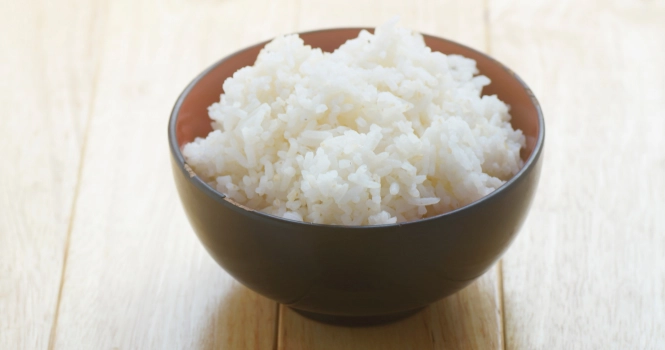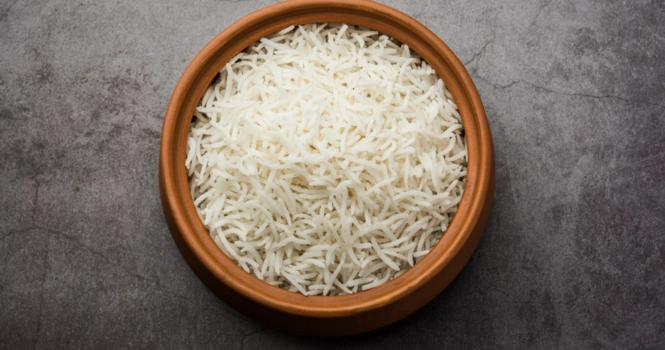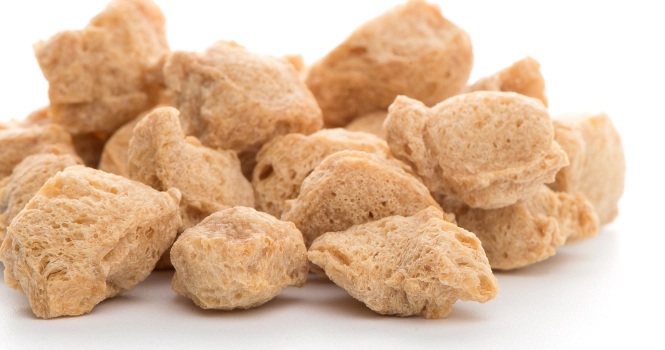Ambemohar rice, a fragrant variety native to the Indian state of Maharashtra, is not just a staple in local cuisine but also a nutritional gem.
With its unique aroma reminiscent of mango blossoms, from which it derives its name (‘Amba’ means mango and ‘Mohar’ signifies blossoms in Marathi), this short-grain rice offers a blend of culinary delight and health benefits.
Let’s see the numerous advantages of incorporating Ambemohar rice into your diet.
Nutritional Profile
Ambemohar rice, like other rice varieties, is primarily a source of carbohydrates, providing the necessary energy for daily activities. It is also a low-fat food, making it a suitable component of a balanced diet. While it may not be as rich in fiber as whole grains, it still contributes a modest amount, particularly in its unpolished form.
Digestive Health
The relatively lighter texture and easier digestibility of Ambemohar rice make it ideal for individuals with sensitive digestion. Its soothing effect on the stomach makes it a preferred choice during times of digestive discomfort or for light, easy-to-digest meals.
Low Glycemic Index
Compared to other white rice varieties, Ambemohar rice is believed to have a lower glycemic index, which means it causes a slower rise in blood glucose levels. This can be particularly beneficial for individuals managing diabetes or those looking to maintain steady energy levels throughout the day.
Rich Aroma and Flavor
The distinctive fragrance and taste of Ambemohar rice enhance the sensory appeal of meals, making it easier to enjoy a healthy diet without relying on heavy sauces or seasonings that may add excessive calories or sodium.
Cultural and Traditional Significance
Incorporating Ambemohar rice into your diet also means participating in a rich cultural tradition. This variety has been cultivated for generations and is often associated with traditional Maharashtrian cuisine, adding a layer of cultural appreciation to your meals.
Versatility in Cooking
Ambemohar rice’s ability to pair well with a variety of dishes, from simple steamed rice to elaborate biryanis and sweet dishes, makes it a versatile ingredient in the kitchen. Its fluffy and slightly sticky texture post-cooking is ideal for absorbing flavors, making every bite a delightful experience.
Sustainability
Traditionally grown in the Western Ghats region, Ambemohar rice is often cultivated using sustainable farming practices. Opting for this rice variety can contribute to supporting local agriculture and environmentally friendly farming methods.
Ambemohar rice is more than just a fragrant addition to your culinary repertoire; it’s a nutritious choice that supports digestive health, contributes to balanced blood sugar levels, and brings the joy of traditional flavors to your table.
Its cultivation supports sustainable farming practices, adding an ethical dimension to its consumption. Whether you’re exploring new rice varieties or seeking healthful alternatives to your regular staples, Ambemohar rice offers a blend of benefits worth considering.










